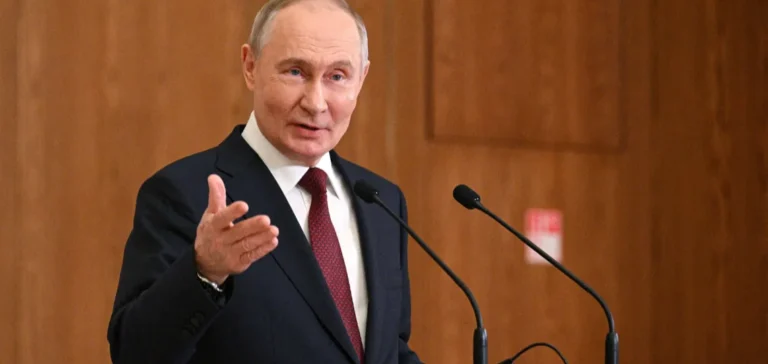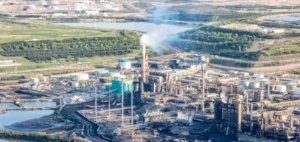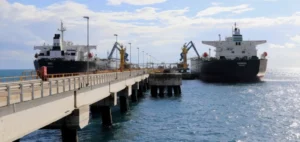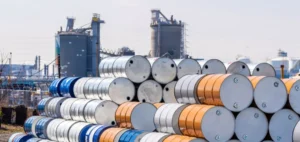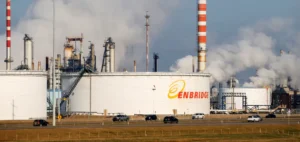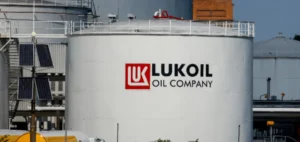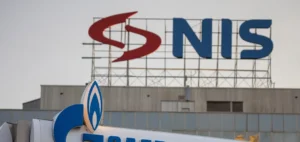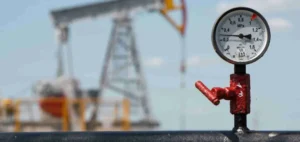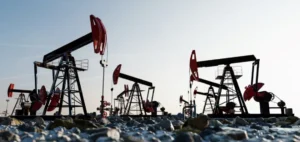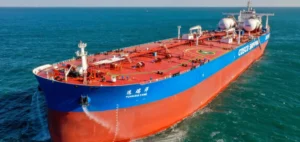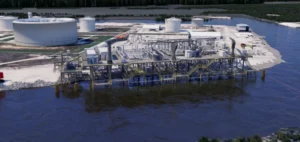The Russian Federation’s oil and gas revenues are expected to reach $206.1bn in 2025, a decline of 12.5% from the previous year, according to the baseline scenario presented by the Ministry of Economic Development. The figure is part of the country’s socio-economic development forecast for 2026 and the planning period through 2028.
The projections nevertheless anticipate a gradual recovery beyond 2025, with revenues reaching $215.2bn in 2026, $227.5bn in 2027 and $251.2bn in 2028. The trajectory will depend on international prices and the behaviour of supply outside the Organization of the Petroleum Exporting Countries and its allies (OPEC+).
A conservative scenario factors in sanctions pressure
The conservative scenario, included in the ministry’s forecasts, envisages an intensification of secondary sanctions, particularly targeting Russia’s fuel and energy sector. It also factors in growing imbalances in the global economy stemming from trade tensions, which could slow global oil demand while supply continues to expand, especially outside OPEC+.
In this less favourable context, Russia’s oil and gas revenues could fall to $162bn in 2026, $172bn in 2027 and $185.8bn in 2028. The projections reflect caution regarding exogenous risks weighing on the stability of international energy markets.
Adjusted forecasts for exports and production
In its baseline scenario, the ministry expects crude oil exports to decline by 2.08% in 2025 to 240.1 million tonnes compared with 2024. The projection is nevertheless higher than in the previous report, which put 2025 exports at 229.7 million tonnes. Volumes are expected to rise to 241.7 million tonnes in 2026, 243.9 million tonnes in 2027 and 251.2 million tonnes in 2028.
As for refined petroleum products, exports are forecast at 125.9 million tonnes in 2025, up 2.8% from 2024. Volumes are expected at 132 million tonnes in 2026, 134 million tonnes in 2027 and to remain at this level in 2028. These figures are unchanged from the macroeconomic forecast published in April 2025.
Stable outlook for domestic production
Russia’s oil production is forecast to remain at 516 million tonnes in 2025. Incremental increases are projected over the following period, reaching 525.2 million tonnes in 2026, 532.6 million tonnes in 2027 and 540 million tonnes in 2028. The data indicate an intent to maintain steady supply capacity despite external pressures on the national energy sector.


